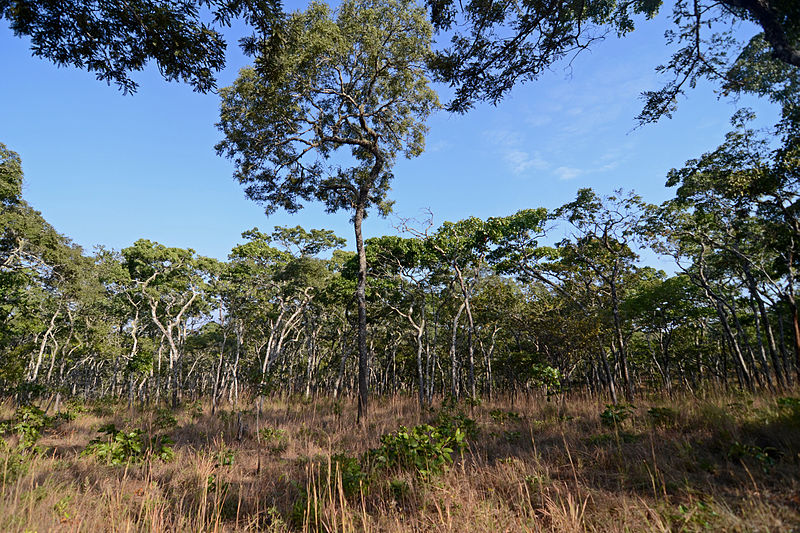
On March 21, 2024, the UK government announced a £6 million commitment to support Zambia's endeavors in forest conservation, poverty alleviation, and climate change mitigation.
This funding injection aims to curb the rapid expansion of agriculture into uncultivated lands, including natural forests and woodlands, while facilitating the adoption of climate-smart agricultural practices among smallholder farmers. By empowering local farmers with innovative solutions, such as crop rotation, diversification, efficient irrigation, and agroforestry techniques—planting trees alongside crops—the initiative seeks to enhance food security and resilience to climate change impacts.
Part of the UK's broader agenda to protect and restore ecosystems globally, this initiative aligns with the historic agreement reached at COP26, under the UK's presidency, to halt and reverse forest loss by 2030. It also complements the government's pledge of £500 million announced at COP28 to combat deforestation and promote sustainable land management.
Claire Coutinho, Secretary for Energy Security, emphasized the interconnectedness of climate change and nature conservation, highlighting the significant role of forests in mitigating emissions. The UK's leadership in achieving net zero emissions ahead of other major economies underscores its commitment to addressing global climate challenges, poverty, and deforestation.
The initiative will provide training to 100,000 farmers through 200 new Farmer Field Schools, facilitating knowledge-sharing and community empowerment. Additionally, farmers will gain access to digital technologies, including a specialized app offering climate updates to optimize agricultural decision-making amid changing weather patterns.
Chief Nyamphande of Nyamphande Chiefdom in Lusangazi District, Eastern Zambia, expressed gratitude for the program's impact on local communities. By diversifying farming activities, such as beekeeping and fish farming, the initiative has helped mitigate the effects of climate change-induced droughts on traditional crops. The chief welcomed the UK's continued support, emphasizing its vital role in sustaining progress towards climate-sensitive agricultural practices.
The investment forms part of the BioCarbon Fund Initiative for Sustainable Forest Landscapes, a global initiative promoting carbon emissions reduction and sustainable land use. Over £115 million has been allocated to this scheme since 2013, with the latest funding expected to cut Zambia's emissions by approximately 3 million tonnes while enhancing community resilience to climate change.
The successes of Zambia's Sustainable Forest Landscape program include the management of over 190,000 hectares using climate-smart agriculture, the establishment of 478 Farmer Field Schools benefiting 115,000 farmers, and the distribution of over 5 million agroforestry seedlings, resulting in improved soil fertility and increased crop yields. Photo by Geoff Gallice from Gainesville, FL, USA, Wikimedia commons.







































